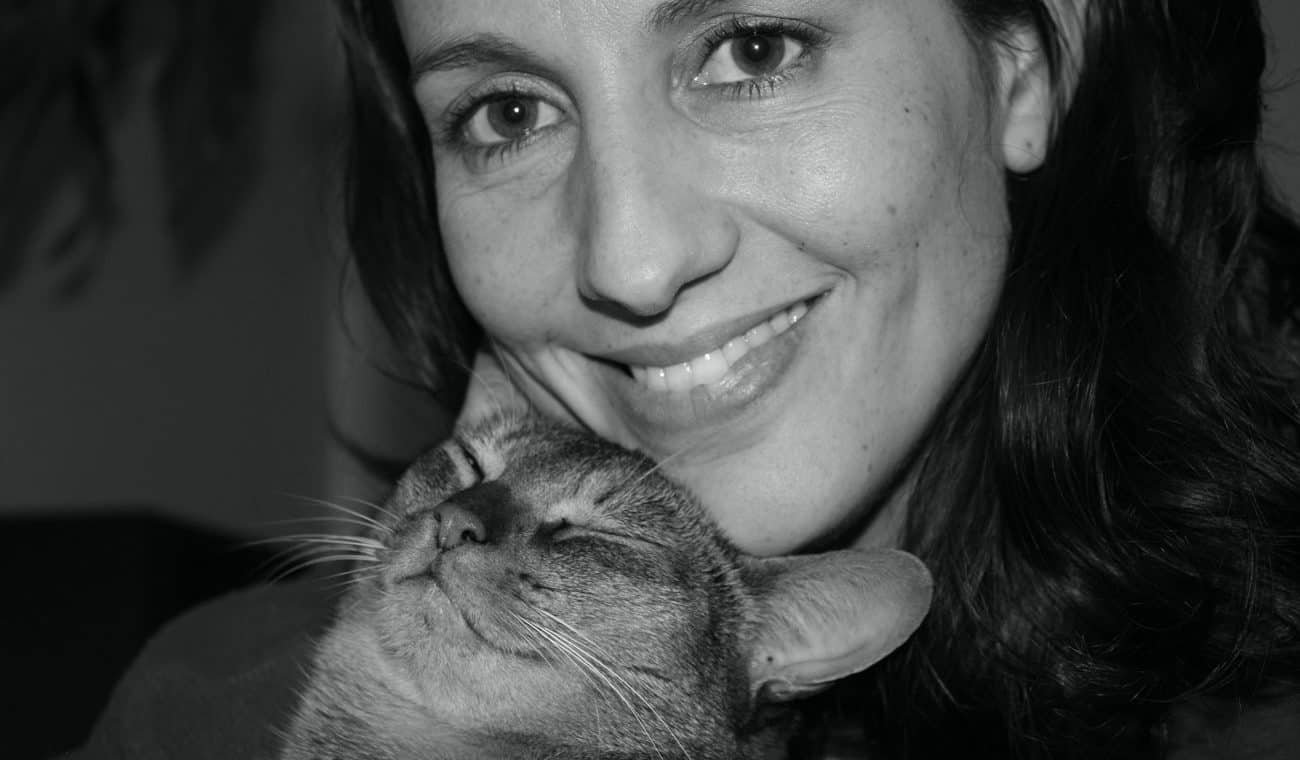Rt Hon Sir Geoffrey Palmer QC
This is the introduction to the first Lecretia Seales Memorial lecture I delivered at the New Zealand Parliament on 29 August 2016
Lecretia Seales died of a cancerous brain tumour in Wellington on 3 June 2015. She was 42.
Employed by the Law Commission as a senior legal and policy adviser for eight years, Lecretia had an abiding interest and competence in the field of law reform. She lived in Karori with her devoted husband Matt Vickers and their Abyssinian cat Ferdinand. I feel privileged to have known Lecretia well, both when I was President of the Law Commission and earlier when she worked with me at the law firm Chen, Palmer and Partners, public law specialists. Lecretia was a lawyer of high quality and she had a passion for the law. She hailed from Tauranga where her parents Shirley and Larry still live. She loved cooking and dancing. She had the gifts of friendship and empathy. I have met few people as determined and strong as she was. In the case she brought in the High Court concerning her impending death one witness described her personality as “young, bright, independent, perfectionist.” I concur.
Lecretia was diagnosed with brain cancer in 2011. Earlier she began suffering from severe headaches and her general practitioner referred her to a neurologist. An MRI scan, some surgery and pathology tests led to a diagnosis of a serious and cancerous brain tumour, with tentacles reaching all through her brain. She underwent surgery of a most grave character, followed by six weeks of intensive radiation therapy that left her scalp very burnt. She continued to work and live as full a life as she could, despite tiring more easily and suffering from deteriorating eyesight. Lecretia was determined to live both her personal and professional lives to the full in what time she had left. And she did so with gusto. She continued working at the Law Commission until a very late stage. She travelled overseas to dance the tango in Buenos Aires. She went to San Francisco and Bermuda and then to Morocco in October 2014,
by which time her mobility was seriously impaired. Chemotherapy worked well until August 2014, but bad symptoms set in and Lecretia’s life became increasingly difficult. She had to have a walking stick. She could not drive. She needed help to stand up. Her left foot became useless. She became seriously impaired and could no longer dress herself without help, she experienced increased pain.
There could be no certainty how her illness would progress. It was clear to her and all her whānau that death was inevitable and time was running out. She wanted the option of determining when she died, if she began to experience enduring suffering that was intolerable. As she told the court “If my death is manageable I should be the one to manage it.” The prospect of a slow, unpleasant, painful and undignified death weighed heavily on her mind. She had contemplated whether she could take her own life unaided, but this was not a choice she wanted to make. And were she to take such action she would have to take it earlier than if a doctor were available to assist. She felt deprived of choices. Her evidence was “I want to live as long as I can but I want to have a voice in my death and be able to say ‘enough’.”
Lecretia took a bold and courageous step. She decided to use her personal situation as an emblem of why New Zealand law should be changed. For a person as private as she was this must have been a difficult decision. It was not a decision she took lightly. She researched the law and discussed it in depth with a number of people, of whom I was one. She studied the very recent right to physician assisted dying established in the ground breaking decision of the Supreme Court of Canada on February 6, 2015. There, a person in a similar position to Lecretia won her case. It was held the Canadian Criminal code infringed the Canadian Charter of Rights in a situation like Lecretia’s, so that a blanket prohibition on physician assisted dying was constitutionally invalid. The New Zealand Bill of Rights Act 1990 is similar in many respects to the Canadian Charter under which the Canadian case succeeded. The New Zealand Bill of Rights Act borrowed heavily from the Canadian Charter. It should be noted that Canada also has a criminal code similar in its historical derivation to New Zealand’s and the two systems remain in touch with one another. Lecretia reached the view that there was a fighting chance her case could succeed in the New Zealand courts. Even if she did not prevail, Lecretia reasoned, the evidence would demonstrate why New Zealand law should be changed. Her decision to use litigation as a law reform project was typical of the dedication she had to a legal system that is up to date, fair and just.
Lecretia was a law reformer. Her personal situation convinced her the law should be changed. She was right. New Zealanders have the power to change the law by voting for the law Parliament has already passed. Please vote for it at the general election.

